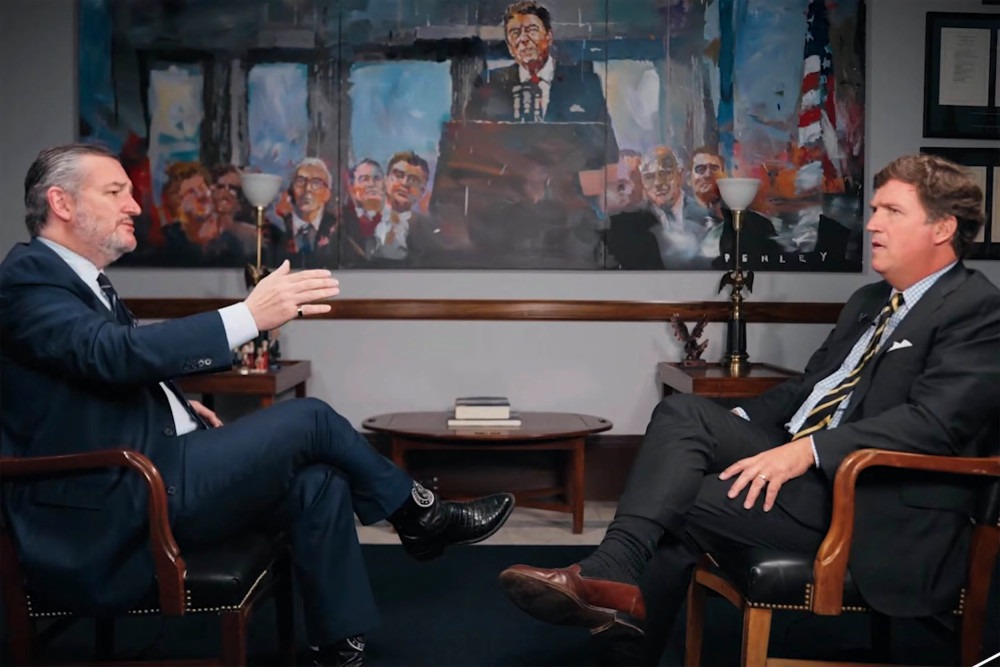A new survey from the Institute for Political Pulse and Perception (IPPP) reveals that conservative women aged 30 to 49 are more likely to rely on emotions rather than facts when forming political opinions. This groundbreaking revelation has many wondering: who needs evidence when you’ve got your gut?
The survey, which asked thousands of conservative women about their decision-making processes, found that an overwhelming majority trust their “feelings” over factual information. Many respondents even suggested that facts are often “complicated” or “boring” compared to the raw power of their emotions.
Gut Over Facts: A Bold Choice
Rather than getting bogged down by tedious data, many women in this age group believe that their gut instincts lead them to the right conclusions. “Why waste time on facts when I can just feel what’s right?” one respondent said, summing up the overall vibe of the survey.
Another participant added, “My emotions never lie. If something makes me feel a certain way, then I know it’s true.” Forget studies, statistics, or evidence—trusting that warm, fuzzy feeling seems to be the winning strategy.
Social Media: The Ultimate Emotional Playground
The study also found that social media plays a significant role in fueling this emotion-driven approach to politics. Instead of reading lengthy articles or investigating the facts, many women say they find emotional TikToks, memes, and videos more than enough to form a solid opinion.
“Who has time for facts when you’ve got Instagram reels showing cute puppies and American flags?” asked another survey respondent. “That’s all the proof I need.”
According to the data, emotional appeals—especially those that invoke fear, anger, or patriotism—have a much stronger influence than any well-researched argument ever could.
Analysts Weigh In: The Age of Feelings?
Political analysts have taken note of this trend, suggesting that emotions are becoming more important than logic in modern political discourse. “Emotions are easy to understand and act on,” one analyst said. “Facts, on the other hand, require critical thinking. That’s asking a lot in the age of viral content.”
Still, some experts expressed concern over this trend. “While emotions have always played a role in politics, there’s something to be said for balancing feelings with facts,” another expert commented. “At the end of the day, we should probably sprinkle in a few actual facts here and there—just for good measure.”
Reactions: Facts vs. Feelings Showdown
The survey’s findings sparked mixed reactions online. Some were quick to criticize the shift toward emotional decision-making, while others embraced it.
“If you’re making all your decisions based on vibes, that’s a risky game,” one Twitter user said. “How about we mix in a fact or two, just for fun?”
Others defended the approach, claiming that emotions drive action and change. “People don’t march in the streets because of statistics. They march because they feel something,” said another social media user.
Whether this emotional approach to politics is good or bad remains up for debate. One thing’s for sure: emotions are here to stay.
Key Takeaways
- A new survey shows that conservative women aged 30-49 prioritize emotions over facts in political decision-making.
- Social media, with its emotionally charged content, plays a big role in fueling this trend.
- Analysts are divided on whether this shift toward emotions is a positive change for political discourse.















